The penal colony where Kremlin critic Navalny is serving his sentence
By AFP
07 March 2021 |
11:09 am
Kremlin critic Alexei Navalny is serving his two and a half years sentence for violating parole at penal colony no.2 in the provincial town of Pokrov, 100 kilometres east of Moscow. It is part of a sprawling network of some 684 work colonies that today holds some 393,000 prisoners. The system requires inmates to carry out menial labour for a meagre salary and is routinely flagged by Russian advocacy groups for imposing long working hours and overlooking harsh conditions.
In this article
Related
Related
1 day ago
Indonesia is aiming to reduce its dependence on fossil fuels, with 30 percent of the country's energy slated to come from biodiesel by 2030. But the plan has caused alarm among environmental groups.
1 day ago
Russian peacekeepers will withdraw from Azerbaijan's Nagorgno-Karabakh region, the Kremlin said on Wednesday.
Kremlin spokesman Dmitry Peskov confirmed the move, responding to a question about reports in the Azerbaijani media about the withdrawal. "Yes, it really is the case," Peskov told reporters.
1 day ago
The Iranian attack was largely repelled and as such is a "dramatic failure", Barak said. As a result, he believes "there is no need and no will to go into full-scale war" with Iran.
11 hours ago
Canada's Peel Region police said Wednesday (April 17) that nine people, including Air Canada employees, are facing charges in connection to the $20 million Toronto Pearson airport gold heist that was meticulously carried out exactly one year ago.
11 hours ago
Viral publications on social media are claiming that Princess Salma of Jordan shot down six Iranian drones late on Saturday. Jordan is the latest target of misinformation following its role in defending Israel against Iran's drone and missile attack. We explain in this edition of Truth or Fake.
56 mins ago
The Croatian city of Vukovar, on the banks of the Danube, has a painful past. Located on the border with Serbia, it was the scene of the first major battle in the 1990s Balkan wars. Four years before the genocide in Srebrenica and eight years before the war in Kosovo, Vukovar was the first city in the former Yugoslavia to suffer ethnic cleansing, in 1991. More than 30 years later, reconciliation between local Serbs and Croats is hindered by impunity for war crimes and the inability to agree on a common version of events.
Latest
3 hours ago
The country's ruling junta is stepping up cooperation with Moscow, after expelling French troops last year. Also in the programme, at least three people have been killed in a shootout between militiamen and police in the Ethiopian capital. Among the dead are fighters from a rebel militia known as Fano. Plus, the art of remembering: painters in Rwanda are keeping the memory of genocide victims alive by drawing their inspiration from photographs.
3 hours ago
This summer, a 17-year-old boy was shot to death by police during a traffic stop in the Parisian suburb of Nanterre. Nationwide protests against racist police violence in France followed. A United Nations committee then called on the French government to take action against racial profiling by law enforcement.
6 hours ago
Thirty years ago, more than 800,000 people were killed during the genocide of the Tutsis in Rwanda. Among them were several dozen members of Dafroza Gauthier's family. A few months later, the young woman and her French husband decided to track down those suspected of taking part in the mass slaughter who had taken refuge in France. Journalists Thomas Zribi and Stéphane Jobert followed the Franco-Rwandan couple in their quest for justice. They bring us this special 52-minute documentary.
6 hours ago
Inflation in Germany has fallen to its lowest level since before Russia invaded Ukraine. Food prices fell for the first time in more than 9 years, figures show, with energy prices dropping even further.
10 hours ago
Kenya's military chief Gen. Francis Ogolla, was among 10 people killed in a helicopter crash in the Cheptulel area of Kenya's Rift Valley region, on Thursday, Kenyan President William Ruto confirmed.
1 day ago
Find these stories and much more when you grab a copy of The Guardian on Friday.
×

Get the latest news delivered straight to your inbox every day of the week. Stay informed with the Guardian’s leading coverage of Nigerian and world news, business, technology and sports.


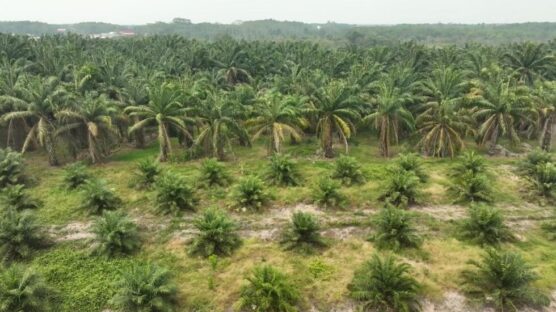
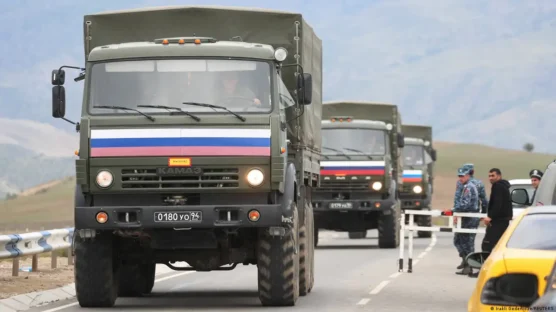
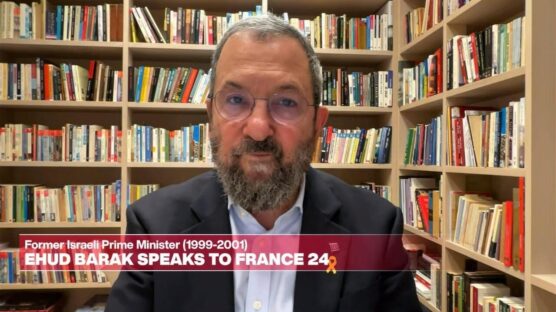
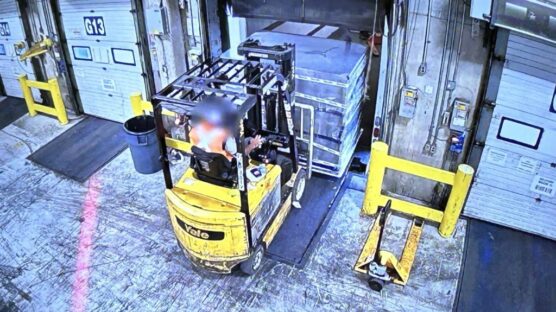

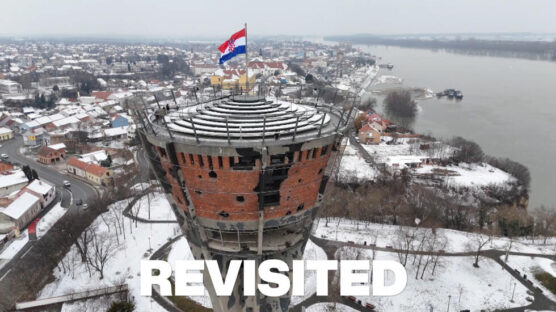




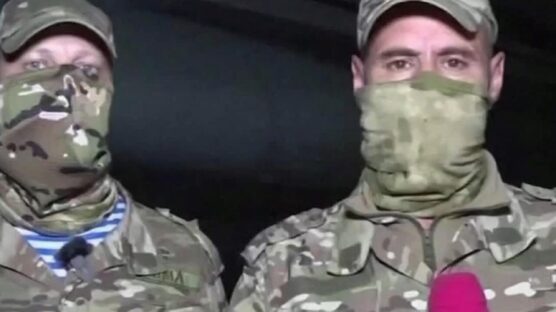
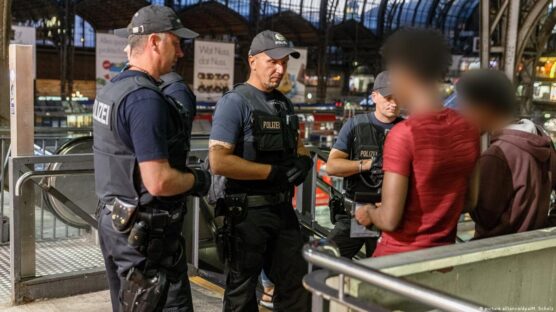
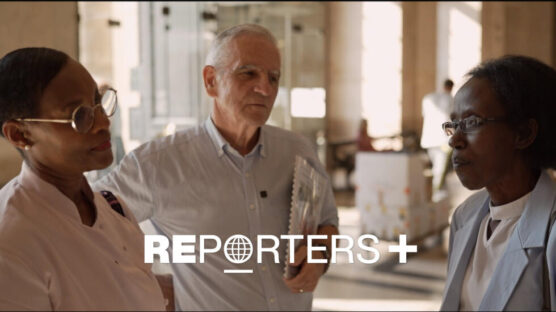



0 Comments
We will review and take appropriate action.